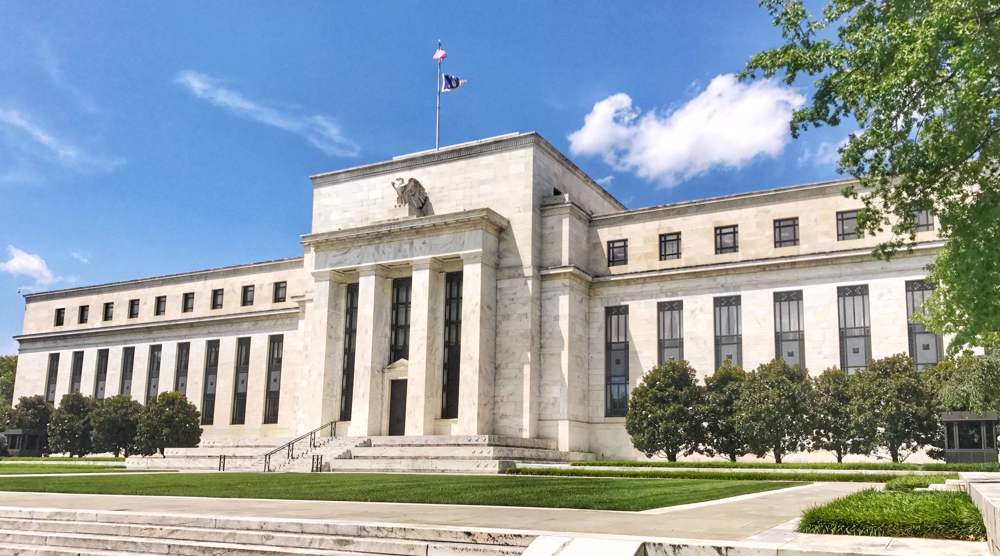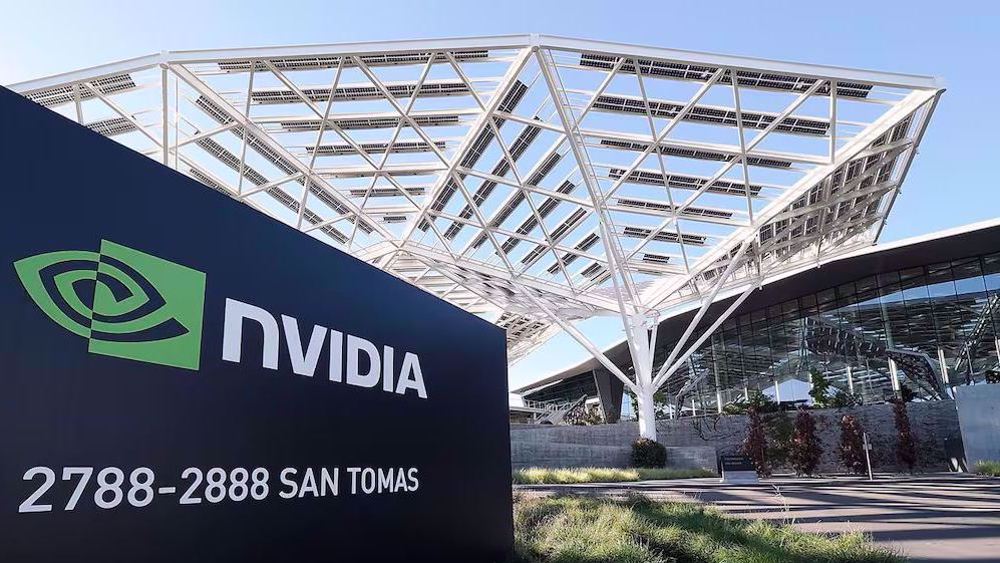End of the year: Part 1
Iranian protesters took to the streets after government raised the gas prices. Government concern was to moderate the national consumption rate which stood at 110 million liters, 40 million liters above the maximum domestic requirement.The move prompted protests, as well as counter-protests.
But in Iraq, thousands of Iraqis protested against corruption, mass unemployment and failing public services. Many Iraqis believe the country's vast oil wealth has not been adequately distributed to them, as millions have no access to adequate healthcare, education, clean water and electricity.
The protests in Lebanon were against official corruption, poor public services and years of economic mismanagement. In the American backyard a series of protests took place.
Developing separately throughout the year, large protests occurred across several Latin American countries this year. In Ecuador, protests began when President Lenín Moreno cut fuel subsidies. The decision was in line with the economic reforms required by the World Bank and International Monetary Fund to grant the country international loans.
Official peace negotiations between the government and indigenous leaders failed. It wrecked countrys economy, as the protests preventedcountrys oil export.
The US officials paint a rosy picture of the US economy, but many Americans feel burdened and uneasy.Surveys indicate that more than half of Americans do not have sufficient incomes to cover expenses. They are living paycheck-to-paycheck.
Comparing today to some 5 decades ago, an average worker makes less today, after adjusting for inflation. In other words, an average worker makes a little more money, but healthcare, accommodation and education have become more and more expensive.
Palestine Economy International aid has been provided to Palestinians since the ArabIsraeli War in 1948.The entities that provide aid range from international institutions such as UN agencies, to individual countries.The funds are spent on Palestinian institution building and humanitarian assistance.
International donations only from 1993 to 2017 became more than 36.2 billion dollars.But, the Palestinian economy is dominated by Israel. Despite the donations, Palestines economy has been suffocated in East Jerusalem, captured in the West Bank, and blockaded in Gaza.
Putin reaffirms Russia’s resolve to win Western-backed war in Ukraine
Condemnations pour in after Israel bans aid groups from Gaza
How Gen. Soleimani empowered Palestinian resistance, crushed Daesh and reshaped geopolitics
Israel approves construction of 126 illegal settler units in occupied West Bank
8 killed as US forces strike 5 other vessels amid tensions with Venezuela
Iran warns US threats against nuclear sites endanger IAEA credibility, NPT
VIDEO | Trapped in displacement, Palestinians welcome 2026
From Zionism to Daesh, the battles that defined Gen. Soleimani's illustrious legacy









 This makes it easy to access the Press TV website
This makes it easy to access the Press TV website